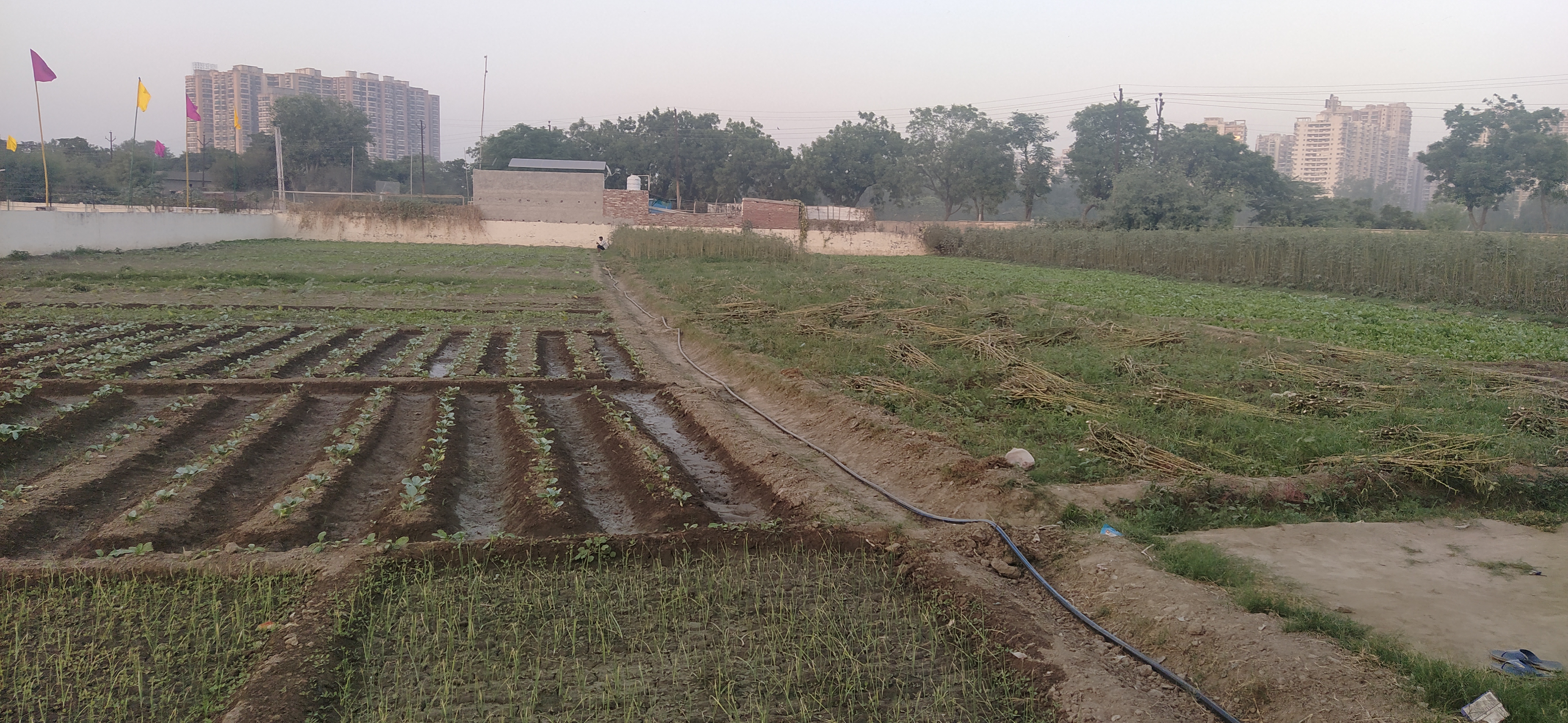President has signed but...
Amid the protests against the contentious Farm Bills, the President gave his assent to
them on Sunday. Farmers; Produce Trade and Commerce (Promotion and Facilitation) Act, 2020 and
Farmers (Empowerment and Protection) Agreement on Price Assurance and Farm Services Act, 2020
were passed by the Rajya Sabha on 20 th September.
As a result, there have been protests in several states like Uttar Pradesh, Bihar, Karnataka, Kerala,
and West Bengal. However, it must be noted that the protests in Punjab and Haryana have been
comparatively more intense.
In the aftermath of the farmers’ protest, Harsimrat Kaur Badal had resigned from the Modi cabinet
on 17 th September. On 26 th September, Shiromani Akali Dal (SAD) parted ways with the NDA. Sukhbir
Singh Badal, President of SAD, has called for a ‘united opposition’ against the Acts.
As the farmers’ protests continue with the support of almost all opposition parties, the Farm Acts
seem to have lost confidence outside of parliament. Not only that, several debates related to the
possibility of exploitation of marginalized farmers by corporate bodies, federalism, and democracy
have arisen.
‘What about federalism?’
As a matter of fact, agriculture is not solely a subject for the Central government. It also concerns
State governments. Therefore, the constitutional question that whether the parliament can pass
such laws without consulting State governments arises.
Another issue at hand is that the Farmers; Produce Trade and Commerce (Promotion and
Facilitation) Act, 2020 takes away the power of State governments to levy any kind of fee or tax on
agricultural trading occurring outside of AMPC mandis. In states like Punjab and Haryana, fees and
taxation on agricultural trading are a major source of revenue.
The Central government has failed to consult the State governments. This, it can be fairly said, goes
against the spirit of the federal structure of the Indian democracy. State governments that raise
significant revenue from agricultural trading through APMCs are worried that the new ‘free trading
zones’ will lead to the collapse of the APMC mandis.
The question of APMC mandis and MSP
APMC acts in several states mandate that no wholesale business in the agricultural sector can be
carried out of the APMC mandis. These mandis are also a source for the farmers to gain the
minimum support price (MSP).
For states like Punjab and Haryana, the APMC mandis are important because agricultural trading in
these two states majorly functions through these mandis. State governments generate revenue and
farmers get MSP.
The creation of the so-called ‘free trading zones’ that can’t be taxed opens the possibility that the
APMC mandis might collapse. It is because they will be competing in the market with these ‘free
trading zones’ that are not taxed. As a result, the latter might have a better chance of winning the
price war and the former might collapse.
It is this possibility that is continuously fuelling the farmers’ protest in Punjab and Haryana.
However, the situation is not quite the same in other states. Former Finance Minister P.
Chidambaram’s column in the Indian Express published on 27 th September shows data that suggests
maximum crop produce is not sold at the mandis. Instead, it goes to local traders.
The reason, Chidambaram writes, is that “eighty-five per cent of farmers have small holdings — less
than one hectare — and have little surplus to sell”. The question then arises, why are the farmers’ in
other states protesting?
Vulnerability in open markets
Most small and marginalized farmers cannot bear the cost of selling at the APMC mandis. They
simply do not have enough surplus. As a result, they explore other options. These include selling at
weekly open bazaars, selling to moneylenders, or local traders.
The price that small and marginalized farmers get is often less than the MSP (not that they get MSP
at APMC mandis). That is why the farmers’ lobby around the country has a consensus over the
demand of ‘MSP being a legal right’.
The context of this demand is the fact that the Farm Acts give no jurisdiction to civil courts. Under
the ambit of the Farm Acts, dispute resolution shall take place with the help of sub-divisional
magistrates. This leads to fear as the government machinery is famous for its corruption and power
play.
Talking of power play, another problem is contract farming. A contract takes place between two
parties that can fairly negotiate their terms and conditions. However, in the agricultural sector of
India, there is a high possibility that the contract will take place between a corporate body with a
team of lawyers and a farmer who cannot even read.
This system leaves small and marginalized farmers vulnerable and at the “mercy of big
corporations”. Is state intervention required in the agricultural sector? If yes, then to what extent?
These are topics for debate.
However, what is clear as the day is that negotiation and consensus are required in a democracy.
That’s what the Central government needs to focus on. On negotiating with the stakeholders and building a healthy consesus.





The Brief. Sign up to receive the top stories you need to know right now.